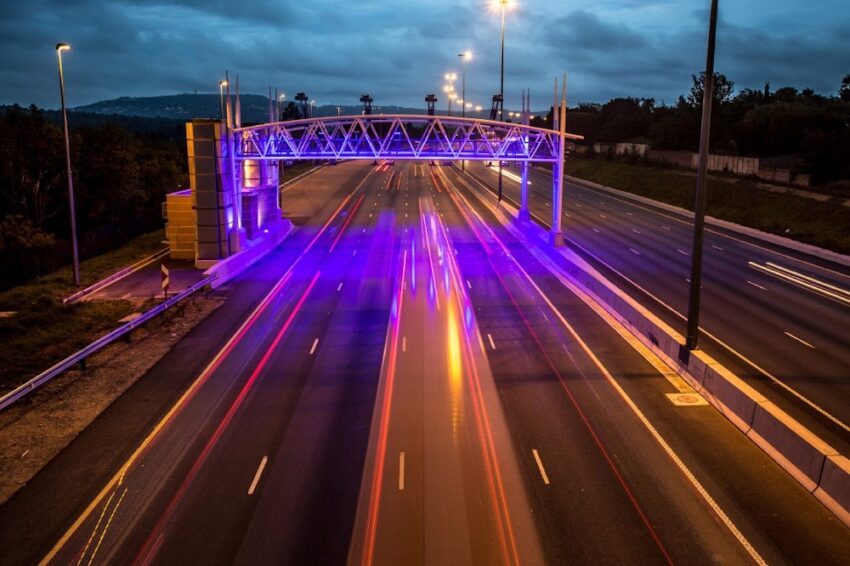The Gauteng government will on Monday make a payment of R5.476bn towards the e-toll debt and the contribution towards the SANRAL Gauteng Freeway Improvement Project, Gauteng finance MEC Lebogang Maile said.
Maile said the government will be paying the second instalment towards the historical e-toll debt which, based on the memorandum of agreement, amounts to R3.377bn.
“This is the amount that we will be paying to the National Treasury tomorrow as a second instalment as part of our 30% contribution,” he said.
The provincial government made the first instalment of R3.8bn in September 2024, consisting of R3.2bn historical debt and the maintenance portion of R546m.
In addition to the e-toll payment, Maile said the provincial government will also transfer an amount of R2.099bn as part of the contribution towards the backlog of rehabilitation to restore the GFIP 1 freeways to an acceptable condition before SANRAL resumes its obligations for all future maintenance funded by the national fiscus.
He said the amount outstanding for SANRAL’s Gauteng freeway projects was R3.559bn.
“We must emphasise that in terms of the agreement, SANRAL cannot use these funds for any purpose other than the nine projects that are financed by the province. SANRAL is also required to report to the Gauteng provincial government on progress being made with the implementation of these projects. This will include providing credible information on developmental objectives such as how these projects contribute to economic growth in the province, the number of jobs being created through these projects and related social and economic benefits,” he said.
Maile said the implications of the e-toll debt and contributions to SANRAL’s Gauteng Freeway Improvement Project require the Gauteng government to manage finances prudently, while carefully balancing the service delivery needs of residents.
He said the provincial Treasury has a five-year budget approach that will facilitate provincial delivery based on the Medium-Term Development Plan for the seventh administration.
“The five-year budget approach will focus on introducing and implementing immediate, short-term, and medium-term budget reforms over the 2025 MTEF. This includes maintaining fiscal discipline and credibility, and impactful service delivery. Over the next few years, the Gauteng provincial government will have to allocate a substantial amount of funds each year to service the repayment obligations for e-tolls. This will be happening in a constrained fiscal environment, details of which we expressed in the initial budget speech and reiterated when we re-tabled the budget for the 2025/2026 financial year,” Maile said.
Maile noted that the funding envelope was stretched by existing allocations, particularly in keeping critical social programmes in health and education funded.
“Nevertheless, we reaffirm our commitment to the residents of Gauteng that the servicing of the e-toll debt will not compromise our priorities, particularly with social services such as health and education,” he said.
Maile said the provincial government was implementing various measures and reforms to ensure the sustainability of the fiscal environment, including active debt management strategies, spending restraint, improving compliance with rules and regulations in supply chain management, as well as revenue enhancement.
TimesLIVE
